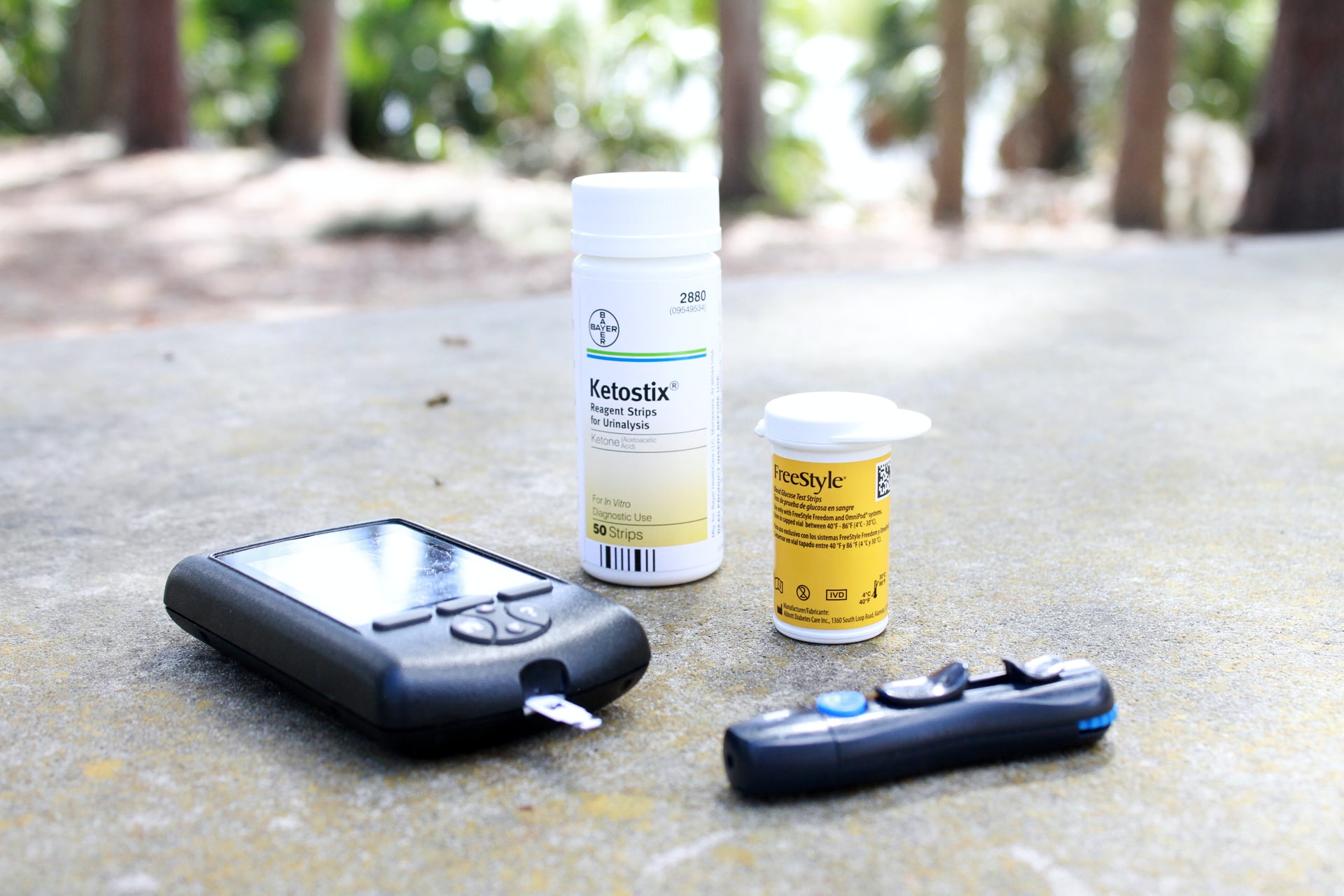Despite the fact that sugar itself does not cause diabetes, eating too much of it is a risk factor. Among adults, eating more sugar than the recommended daily amount increases the risk of developing diabetes. Specifically, the American Heart Association recommends no more than six teaspoons of sugar per day for women and nine teaspoons for men. However, eating more sugar is associated with many health problems, including raising blood pressure, cholesterol, and fat in the liver.
Vision Risks
High glucose levels in the blood may damage nerves and blood vessels in the eyes. These blood vessels can eventually lead to blindness or reduced vision. If left untreated, diabetes can also damage the retina and cause cataracts. Therefore, diabetics should visit their eye doctor once a year for regular checkups. Diabetics are also at risk for developing diabetic nephropathy, which causes protein loss in urine and tissue scarring. Diabetics may need dialysis if the condition progresses

Managing Diabetes
Diabetics should be aware that they can’t control the level of glucose in their blood, but they can delay its progression through proper diet and physical activity. Managing diabetes can help you live a long, productive life. In some cases, diabetes can even delay its onset. The most common type of diabetes is called Type 1 (Type 1) and is the most dangerous type
Prevention
If you have prediabetes, your goal is to prevent the condition from progressing to diabetes. In addition to taking prescribed medications, lifestyle changes and healthy diet are essential in managing your condition. In addition to changing your eating habits, you can also learn how to prevent diabetes by making positive lifestyle changes. When you’re diagnosed with diabetes, the first step to prevent it is to follow your health care provider’s advice. Changing your lifestyle can make all the difference in your diabetes care and treatment.

